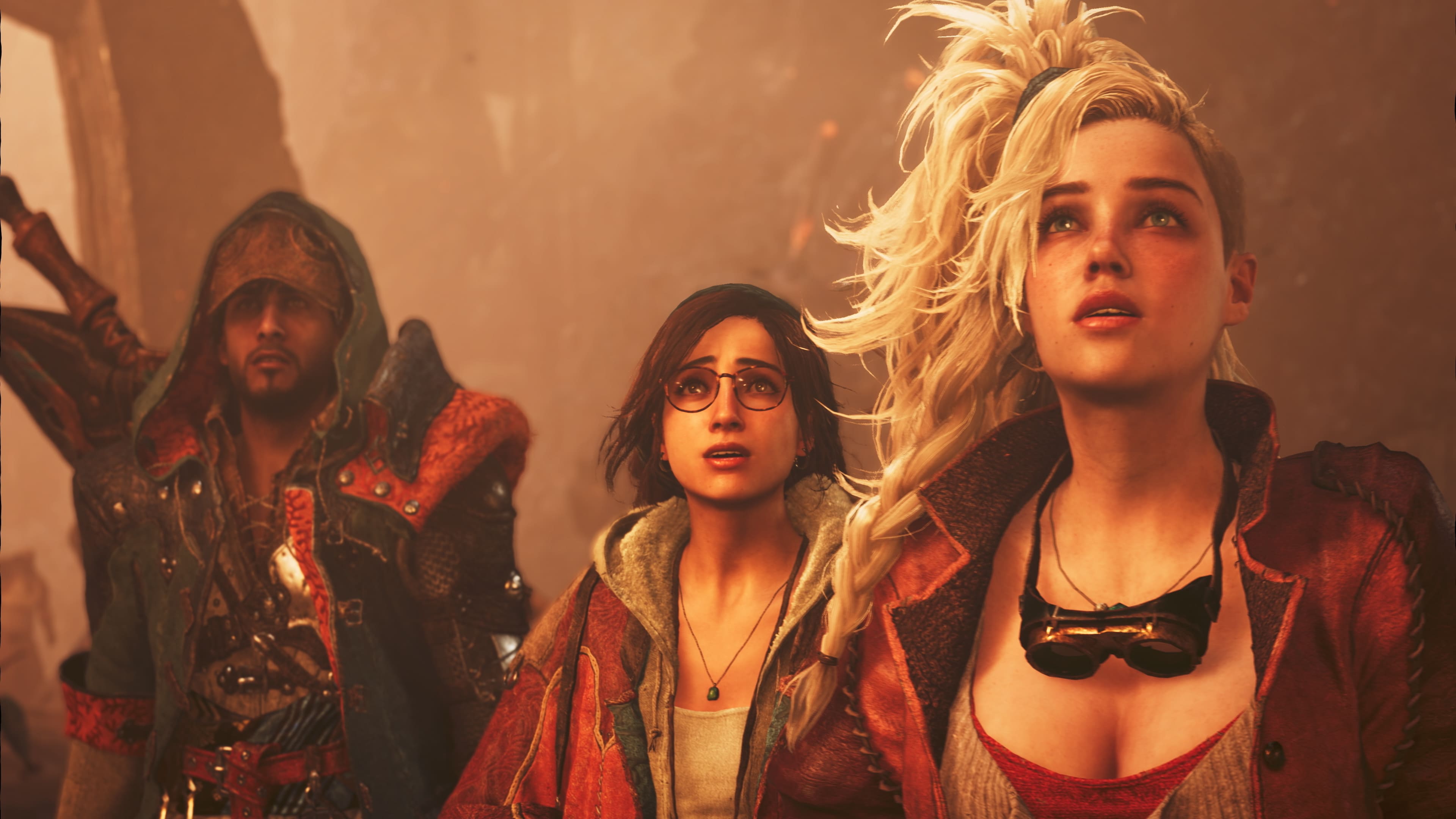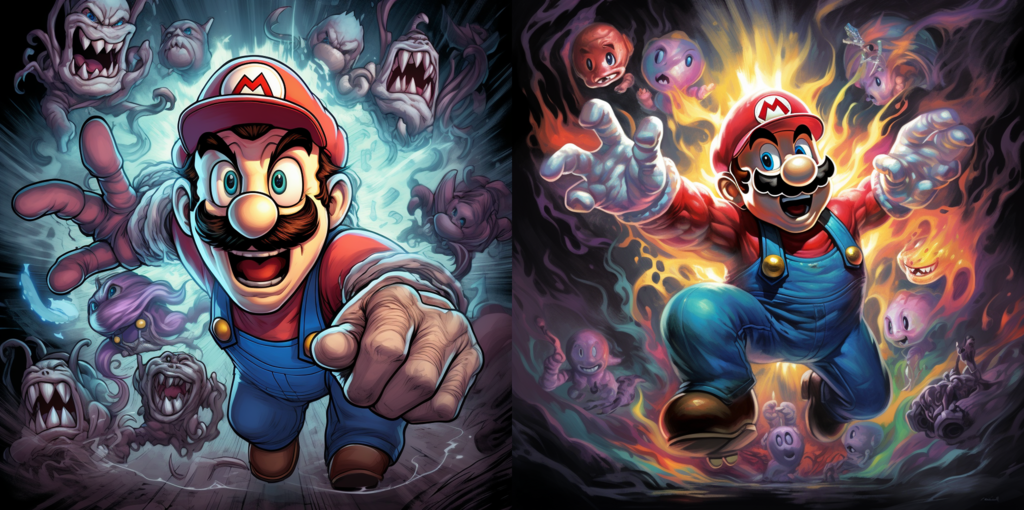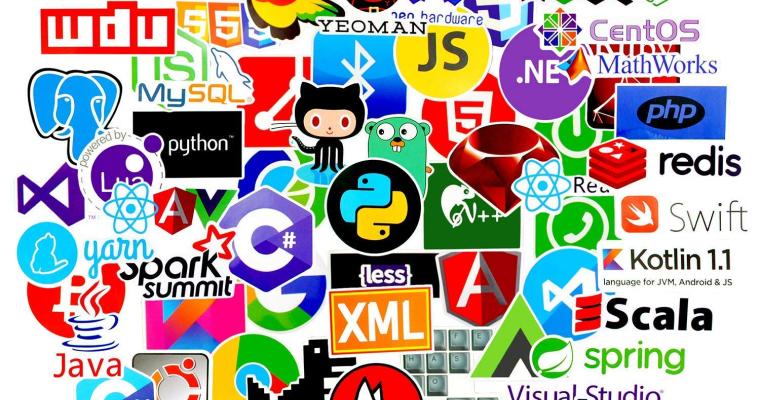Every legendary game begins with a single moment: that electric spark when imagination meets possibility. Whether you’re an indie creator working from your bedroom or a seasoned developer at a major game studio, the challenge remains the same—how do you conjure ideas that captivate players in an industry where over 14,000 games launched on Steam alone last year?
This isn’t just another generic guide. We’re diving deep into battle-tested methods, cutting-edge trends, and unconventional approaches that successful developers actually use to generate video game ideas that stand out in today’s hyper-competitive market.
The Modern Reality: What Makes Ideas Stick in 2025

Before we explore ideation techniques, let’s understand the current landscape. The gaming world is increasingly turning toward comfort, calm, and personal well-being, with cozy games and gamified wellness taking center stage. Meanwhile, more than 65% of all gaming revenue in 2025 is projected to come from live services and in-game purchases, fundamentally changing how we conceptualize games.
Your idea needs to navigate this complex ecosystem where player expectations, technological capabilities, and business models are evolving simultaneously. A standard RTS can become a fantasy-driven RTS, while a racing game might evolve into a futuristic sci-fi experience. Narrowing scope often uncovers unique AR opportunities.
As you ponder questions like these, you’ll find that they can quickly become the building blocks of your unique indie game idea.
The Foundation—Where All Ideas Begin
If you’re looking for good video game ideas, start by standing up from your sofa and looking around. People can inspire you. Social-related gaming is a real success now. See how your neighbor walks the dog in the morning on Broadway? Make a NYC thriller out of this!
Start with Genre, Then Shatter It
Traditional wisdom says to choose a genre as your foundation. Smart—but incomplete. Here’s the elevated approach:
Layer your genres strategically. Don’t just pick “puzzle game.” Consider “narrative puzzle game with roguelike progression and cozy aesthetics.” Each layer exponentially increases your uniqueness quotient.
Apply the “inversion technique.” Take any established genre and flip its core assumption. What if a horror game made you the monster protecting your home from humans? What if a racing game rewarded you for driving slowly and safely? These inversions create immediate hooks.
Find the micro-niche. The riches are in the niches. A farming simulator is saturated. A “vertical farming simulator in a cyberpunk megacity where crops are illegal” is untapped territory. Drill down until you hit specificity that makes people say, “I’ve never seen that before.”
To understand how genre choices impact your development approach, check out this comparison of 2D vs 3D games in the modern video game industry.
The Constraint Paradox
Here’s something counterintuitive: limitations breed creativity. Before brainstorming, set arbitrary constraints:
- “Must be playable with only two buttons”
- “No human characters allowed”
- “Entire game takes place in one room”
- “Players can only move backwards”
These restrictions force your brain into novel problem-solving modes, often producing more innovative ideas than unlimited freedom.
Mining Inspiration from Everything Around You

The Observational Method: Life as Your Game Design Document
The world is an infinite game design document if you know how to read it. Here’s the systematic approach:
People-watching with purpose. Don’t just observe—analyze patterns, motivations, conflicts, and resolutions. That barista who perfectly remembers everyone’s order? That’s a memory mechanic. The way crowd dynamics shift during rush hour? That’s emergent behavior you can simulate.
Emotional archaeology. Games that resonate tap into universal emotions. Think about your most intense feelings: frustration, triumph, loss, wonder, fear, belonging. Now ask: “What gameplay loop naturally generates this emotion?” Horror games discovered that helplessness creates fear. What emotion haven’t games properly explored yet?
The “what if” cascade. Take any mundane activity and apply escalating “what ifs.”
- Starting point: Making coffee
- What if the coffee beans were alive?
- What if they were sentient and you had to negotiate with them?
- What if different beans had different personalities and political factions?
- What if your café became the UN for coffee bean diplomacy?
Each question compounds, transforming the ordinary into the extraordinary.

Cross-Pollination: Combining Seemingly Incompatible Elements
The fusion technique has created some of gaming’s biggest innovations. Portal combined first-person shooters with puzzle games. Slay the Spire merged deck-building with roguelikes. Stardew Valley fused farming simulation with RPG progression.
The combination formula:
- List 10 mechanics you love from different genres
- List 10 themes or settings that fascinate you
- Randomly pair them and force yourself to make each combination work
- The uncomfortable combinations often yield the most original ideas
Try it: “Dating sim + city builder” becomes a game where romantic relationships literally construct the buildings of your town. “Rhythm game + legal thriller” becomes a courtroom drama where you object and present evidence to the beat.
Learning from What Exists
Play with analytical intent. When experiencing any game, constantly ask:
- What emotion did that mechanic evoke, and why?
- Where did I feel friction, and was it intentional?
- What moment made me want to tell someone about this game?
- What did they almost do that would have been better?
The “fix-it” approach. Identify games with brilliant concepts but flawed execution. Your idea might be “X game, but done right.” There’s no shame in this—most innovations are improvements on existing concepts.
Study successful indie titles. Games like Proteus, The Red Strings Club, Vampire Survivors, Balatro, and Lethal Company didn’t have massive budgets—they had focused, original concepts executed with precision. Analyze what made them break through the noise.
Structured Creativity Frameworks
SCAMPER: Your Swiss Army Knife for Ideation
This acronym isn’t just business jargon—it’s a practical tool for systematically generating variations:
- Substitute: Replace bullets with paint, enemies with puzzles, violence with dance-offs
- Combine: Merge chess with real-time strategy, merge horror with farming
- Adapt: Take mechanics from board games, sports, or nature
- Modify: Change scale (play as an ant), speed (super slow-motion combat), or perspective (see through walls)
- Put to another use: Use a dating sim structure for job interviews, use tower defense for narrative delivery
- Eliminate: Remove combat, remove graphics, remove tutorials, remove players
- Reverse: Make the villain the protagonist, make losing the objective, make time flow backwards
Imitation as Learning, Not Copying
Study your favorite games to understand their underlying mechanics and storytelling structures. The goal isn’t to replicate—it’s to comprehend the principles, then apply them to your unique vision. Every master artist started by studying the masters.
Digital Idea Generators: Spark, Don’t Script
Online tools like Orteil’s Game Idea Generator and Let’s Make A Game can jumpstart your creativity. Don’t take their suggestions literally—a bizarre prompt like “tycoon game where you breed sports teams until you own everything” might seem absurd, but extract the essence. Maybe it becomes “a management game about building sports dynasties across generations” or “an ethical game about monopolies and their consequences.”
These tools work best when you use them as creative friction—something unexpected to react against and refine.
Drawing from Other Media
Extract Inspiration from Books
Literature offers narrative depth and world-building that can elevate game concepts beyond simple mechanics. Consider how these books inspired major titles:
| Game Title | Book/Author | Release Year | Genre |
|---|---|---|---|
| The Witcher 3: Wild Hunt | Andrzej Sapkowski | 2015 | Action RPG |
| Metro 2033 | Dmitry Glukhovsky | 2010 | First-Person Shooter/Survival Horror |
| The Lord of the Rings: The Two Towers | J.R.R. Tolkien | 2002 | Action-Adventure |
| Alice: Madness Returns | Lewis Carroll (Alice’s Adventures in Wonderland) | 2011 | Action-Adventure/Psychological Horror |
| Fahrenheit (Indigo Prophecy) | Inspired by Ray Bradbury’s Fahrenheit 451 | 2005 | Interactive Drama/Adventure |
| Bloodborne | H.P. Lovecraft (Cthulhu Mythos) | 2015 | Action RPG/Horror |
| The Chronicles of Riddick: Escape from Butcher Bay | Riddick film series | 2004 | First-Person Shooter/Stealth |
| The Call of Cthulhu: Dark Corners of the Earth | H.P. Lovecraft | 2005 | Survival Horror/Adventure |
| The Saboteur | Inspired by true WWII stories | 2009 | Action-Adventure/Open World |
| Metro Exodus | Dmitry Glukhovsky (Metro 2033 series) | 2019 | First-Person Shooter/Survival Horror |
The literary mining process:
- Atmosphere over plot: Books excel at creating mood. George Orwell’s “1984” offers surveillance mechanics and oppressive atmosphere, not just a storyline.
- Character psychology: Literature explores internal conflicts that games often miss. What game mechanics could represent moral ambiguity or identity crisis?
- Unexplored genres: Gothic horror, magical realism, philosophical fiction—entire literary movements remain undertapped by game developers.
Screen Time: TV, Movies, and Beyond
Visual media teaches pacing, cinematography, and dramatic structure. A thriller’s car chase isn’t just inspiration for a racing game—study how tension builds, how the camera creates disorientation, how sound design amplifies danger. These lessons translate to game feel and player experience.
Documentaries about space exploration, true crime, nature, or history provide authentic detail that makes game worlds believable. Even reality TV’s social dynamics can inspire multiplayer mechanics or NPC behavior systems.
Pro tip: Don’t just consume—dissect. Why did that scene give you chills? How did the music manipulate your emotions? What made that character memorable? These answers become design principles.
Community Wisdom and the Henry Ford Principle
“Do Not Push the Horses”
Henry Ford famously said, “If I had asked people what they wanted, they would have said faster horses.” Players often can’t articulate revolutionary ideas, but they’re exceptional at identifying pain points.
What players CAN tell you:
- Difficulty spikes that feel unfair
- Confusing UI/UX elements
- Exploitative monetization
- Lack of replay value
- Graphics that don’t match gameplay quality
- Features they wish existed in similar games
Where to find these insights:
- Reddit communities: The goldmine for raw, unfiltered opinions. Subreddits like r/gameideas showcase concepts people dream about but won’t build themselves. Sort through the noise—genuine brilliance hides among hundreds of rough concepts. Reddit is also where you can discover how to sell a game idea to developers or find inspiration for game username ideas.
- GameMaker Community Forum: Engage with fellow indie creators, discuss development challenges, and validate concepts with people who understand the craft.
- Discord servers: Real-time feedback and active development communities provide instant reactions to your pitches.
- Steam reviews: Read the negative reviews of successful games. They reveal unmet player desires and market gaps.
The Validation Process
Before investing months into development:
- Pitch it in one sentence. If you can’t, it’s not focused enough.
- Get 10 people excited. Not polite interest—genuine excitement.
- Identify your “wow moment.” What’s the one thing that makes someone stop scrolling and say “whoa”?
- Determine your unfair advantage. Why are YOU uniquely positioned to make this specific game?
Practical Habits That Compound
The Idea Capture System
Ideas are volatile—they evaporate unless captured immediately.
Build your personal system:
- Always-accessible notes: Phone notes app, pocket notebook, voice recorder—choose based on your lifestyle
- Daily brain dumps: Spend 15 minutes writing unfiltered thoughts without judgment
- The 3 AM rule: Keep something by your bed. The best ideas arrive inconveniently.
- Tag and categorize: “mechanics,” “narratives,” “aesthetics,” “monetization”—organize for later synthesis
The weekly review ritual: Every Sunday, review your week’s notes. Patterns emerge. Three separate ideas might combine into something exceptional.
Rapid Prototyping as Ideation
Sometimes you can’t know if an idea works until you build it. Modern tools make this faster than ever:
- Paper prototypes for board game-style mechanics
- Game engines with visual scripting for quick tests
- Playable mockups in a weekend rather than months
The prototype mindset: Build to learn, not to polish. If it’s not fun in crude form, it won’t be fun with better graphics. Kill ideas quickly and move to the next.
The Creative Rotation
Prevent burnout and stagnation with deliberate variation:
- Monday: Research competitors and analyze their success
- Wednesday: Free-form brainstorming without constraints
- Friday: Constraint-based challenges (make a game with one mechanic)
- Sunday: Play games outside your comfort zone
Routine prevents creative paralysis. When ideation is scheduled, it becomes habitual rather than reliant on inspiration striking randomly.
Protecting Your Intellectual Property
Once your idea evolves from concept to reality, protection becomes critical. Your idea is your most valuable asset.
Understanding Your Options
Copyright protection: Automatically applies to code, art assets, storylines, dialogue, and music the moment you create them. Registration with government agencies (like the U.S. Copyright Office) provides additional legal benefits, including the ability to sue for statutory damages.
Trademarks: Protect your game’s name, logo, and branding elements. This prevents competitors from creating consumer confusion and diluting your brand identity.
Patents: The most challenging but potentially valuable protection for truly novel gameplay mechanics or technical innovations. The bar is high—your mechanic must be unique, non-obvious, and useful. Consult with intellectual property attorneys to determine viability.
Trade secrets: Use NDAs (Non-Disclosure Agreements) when sharing sensitive information with collaborators, contractors, or potential publishers. Implement restricted access policies for proprietary tools, algorithms, or design documents.
Practical Protection Steps
- Document everything: Keep dated records of your development process
- Register copyrights: Formal registration strengthens your legal position
- Use contracts: Even with friends—especially with friends
- Watermark work-in-progress materials: Protect art and design docs shared externally
- Consult legal professionals: IP law is complex; expert guidance prevents costly mistakes
How to Pitch Your Game Idea Safely
When approaching publishers, investors, or collaborators:
- Lead with vision, not every detail
- Use NDAs appropriately (but know that industry veterans may decline them)
- Focus on what makes your game unique and marketable
- Demonstrate traction: prototype, community interest, or relevant experience
- Understand that ideas alone have limited value—execution is everything
The Meta-Truth About Ideas
Here’s what the industry won’t always tell you: Ideas are abundant. Execution is rare.
Every successful developer has a graveyard of abandoned concepts. The difference between dreamers and creators isn’t better ideas—it’s the discipline to choose one idea, commit to it, iterate on it, and push through the inevitable challenges of bringing it to life.
Your breakthrough idea might already be in your notes. The question isn’t whether you can generate good ideas—you absolutely can using these methods. The question is: which idea will you commit to building?
Your Next Steps
- Choose one ideation method from this guide and use it today
- Generate 20 ideas without judging them—quantity over quality initially
- Pick your top 3 and validate them with your community
- Prototype the most promising concept this week, even if it’s just on paper
- Iterate based on feedback and your own playtesting
The gaming world needs your unique perspective. Your experiences, obsessions, and creative combinations can produce something no one else would make. Stop waiting for the perfect idea to arrive fully formed. Start building, start failing, start learning.
Your next great game idea isn’t out there waiting to be found—it’s inside you waiting to be developed.








